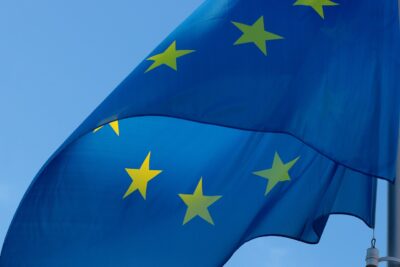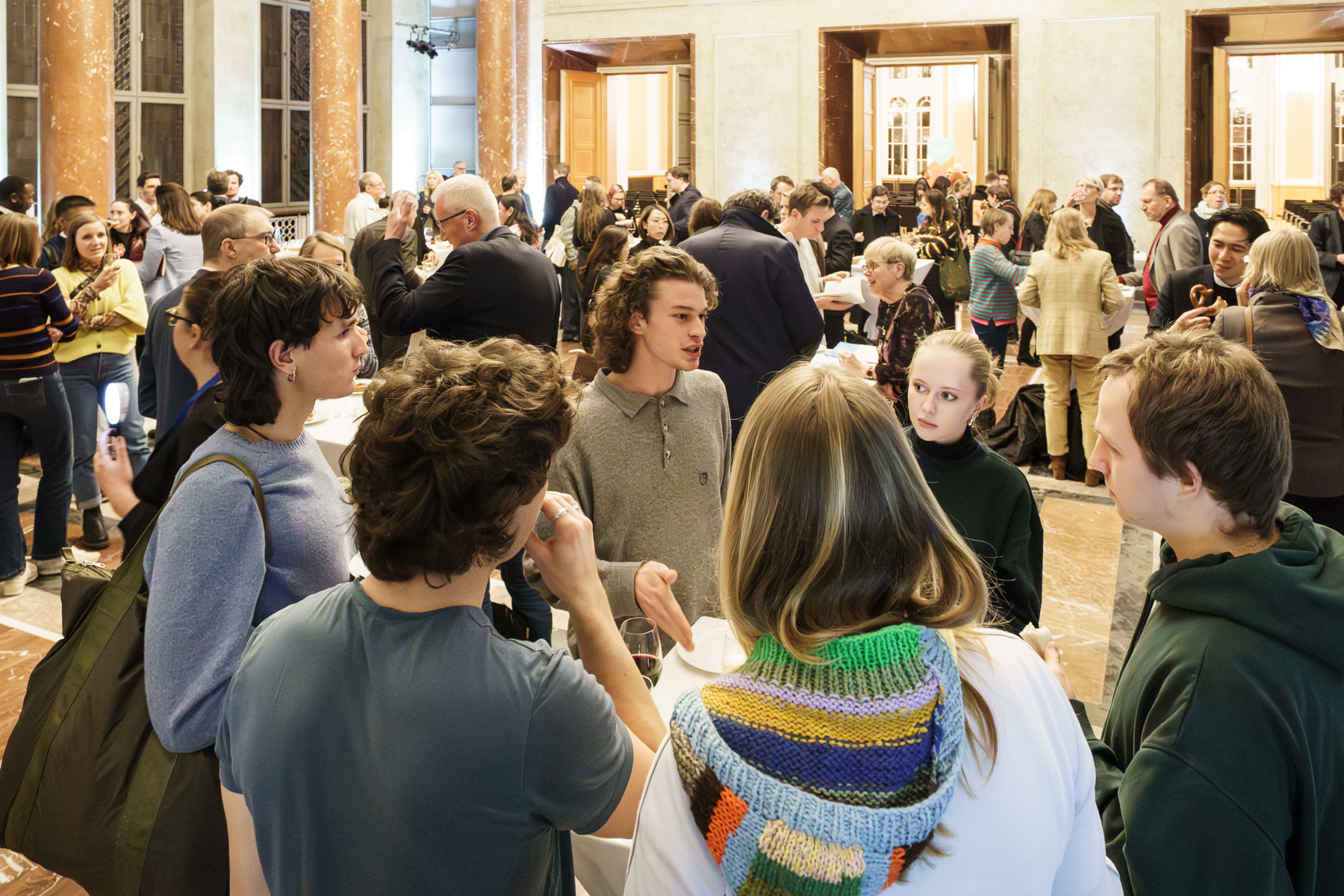Student Puppets on Orbán’s Think Tank String – How Hungary’s MCC Expands Its Political Influence through Education

Hungary’s MCC, backed by the Orbán government, is expanding across Europe — blending education with political influence. This article explores how the think tank builds elite networks while pushing a conservative, nationalist ideology.
This article was written by Magdalena Kensy as part of the Newsroom Europe project. As part of this initiative, the author examines current European developments from a transnational perspective. In international editorial teams, participants critically and constructively report on political processes and European power structures — in this case, focusing on how Hungary’s Mathias Corvinus Collegium (MCC) uses education as a soft power tool in line with Prime Minister Viktor Orbán’s ideology.
What may appear at first glance as a generous scholarship program for outstanding students is, on closer inspection, a carefully orchestrated tool of soft power: Hungary’s Mathias Corvinus Collegium (MCC) is more than just an educational institution. With over 7,000 students across 28 locations and massive state-backed funding, it functions as a strategic project aligned with the political goals of Hungary’s ruling party, Fidesz, and its Prime Minister, Viktor Orbán.
The MCC has been called many things — “Orbán’s elite factory,” “a cadre school for illiberalism,” and “the Prime Minister’s pet university.” While the institution claims to complement traditional higher education in Hungary, its structure and governance suggest a broader agenda. Scholarships, free housing, international networking opportunities, and high-profile collaborations are used not only to attract top talent, but also to create ideological alignment. The result is a system that rewards loyalty, not just merit.
Over the past decade, the MCC has significantly expanded its footprint beyond Hungary’s borders. In Brussels, it opened a think tank-style outpost. In Vienna, it acquired a majority stake in the prestigious Modul University. In Romania, it has established a strong presence in Hungarian minority regions, promoting a pan-Hungarian narrative. These moves are not just academic — they are political. They aim to normalise the values and priorities of Hungary’s “illiberal democracy” model within EU institutions and beyond.
Financially, the MCC’s rise has been nothing short of dramatic. In 2020, Hungary’s Fidesz-dominated parliament transferred shares in major national companies (worth over 1.4 billion euros) to the institution, making it one of the best-funded private entities in the region. These assets have since grown in value, giving MCC long-term financial independence — and political staying power. Critics argue that such levels of public investment into an ideologically driven institution blur the lines between state, party, and education.
At the same time, the institution’s leadership is composed of individuals closely linked to the government. Its Director General is also the editor of a Fidesz-aligned publication, and the Chair of the Board of Trustees is Balázs Orbán, a close advisor to the Prime Minister. While officially non-partisan, their dual roles raise questions about academic neutrality and strategic influence over content, faculty, and hiring.
Voices from within and outside the institution have raised concerns. Employees at Modul University, for example, report subtle political pressure and ideological shifts since the MCC takeover. Anonymous sources cite fears of reputational damage and the use of the university’s credibility to legitimise pro-Orbán messaging on the international stage.
What emerges is a complex portrait of a modern political project disguised as educational opportunity. The MCC is not just building the careers of tomorrow’s elites — it is shaping a generation aligned with a specific worldview. This development raises critical questions for Europe: Where does academic freedom end and influence begin? And how should democracies respond when soft power strategies cross into ideological indoctrination?
Click here to read the full article.
This article was created as part of the Newsroom Europe 2025 project and was written by the project participants. Newsroom Europe is a project of the European Academy Berlin.
With the kind support of the European Union through project funding in the framework of CERV – Citizens, Equality, Rights and Values.
Partner

